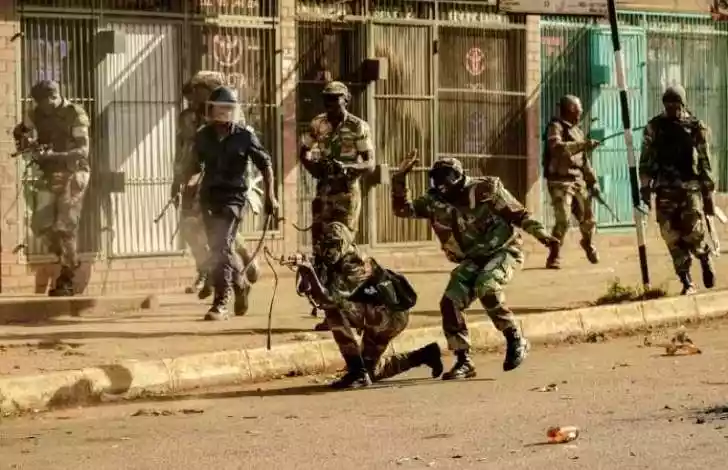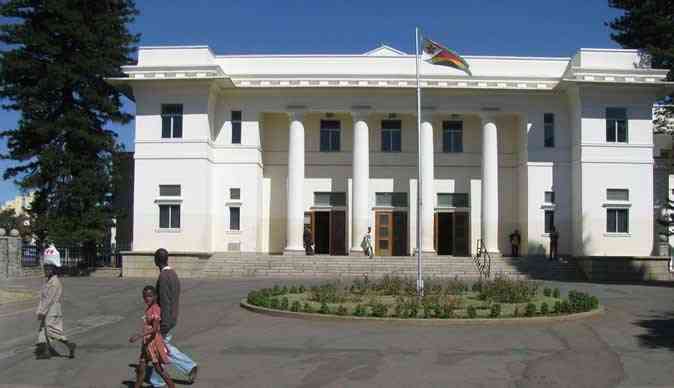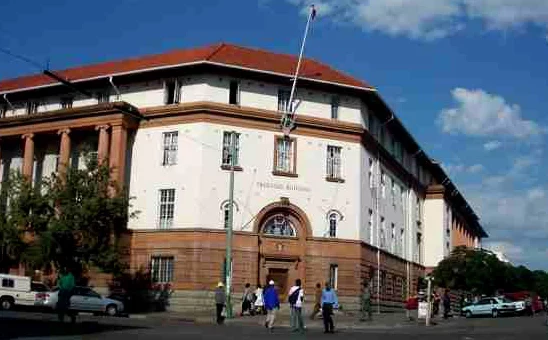
Several stakeholders in the Matabeleland region have expressed concern over the frequency of recruitment of soldiers when the nation is not at war.
President Emmerson Mnangagwa declared that Zimbabwe is at peace, but the Zimbabwe National Army recruited soldiers in various parts of the region.
In Mzingwane district the recruitment was conducted on March 24 and 25, Insiza at Filabusi (March 26 and 27) and at Madlambuzi business centre in Bulilima on April 1 and 2 this year.
In Mangwe the ZNA recruitment was conducted at St Francis High School on April 3 and 4, while in Matobo it was done at Shashane High School on April 5 and 6.
There was also recruitment at Guyu Training Centre in Gwanda from April 7 to 9, while in Beitbridge the exercise was held between April 10 and 12.
In Matabeleland North, the ZNA notified citizens that it will recruit general duty soldiers.
The army held similar exercises at Binga Army Camp on March 25 and 26, Hwange 12 Infantry Battalion (March 28 and 29), in Lupane at Mabhikwa High School (April 1 and 2), Tsholotsho’s DDF Complex on April 4 and 5 and at Hlabangeza High School in Nkayi district.
Political analysts, civic society and human rights activists have, however, expressed mixed feelings over the recruitments compared to other critical sectors such as education and health.
- Village Rhapsody: Zimbabwe desperately needs healing
- Bodies ‘rotting’ at UBH
- SOS for slain Elvis Nyathi’s children
- Zim tycoons elevate offspring to key roles
Keep Reading
Freedom Alliance spokesperson Nhlanhla Moses Ncube argued that Zimbabwe did not require heightened army recruitment when the country is not at war.
“Schools are understaffed and are the ones whose numbers need to be vigorously increased. Resources should only be expended as per compelling need not this unnecessary extravagance. A responsible government is expected to do the right thing all the time,” Ncube said.
“Citizens and youth who are targeted to join the military should be genuinely patriotic and non-partisan, while the government should ensure that the military remains in the barracks and respects the rights of citizens. I think some individuals want to use the army for their own political gain.”
However, Bulawayo Progressive Residents Association secretary for administration Thembelani Dube said the recruitment of soldiers could be attributed to various reasons.
He also said the military required physical fitness and the personnel must meet that criterion hence the constant recruitment.
“It’s an employment creation platform. Through those frequent recruitments, most of the economically active population is absorbed into gainful employment.
“There is a need to open such employment opportunities at all the government ministries, departments and agencies to cater for skills replacement,” Dube said.
Nkayi Community Parliament deputy speaker Nkosilathi Ncube said: “Those soldiers who are not politicised or political should retire after 20 years of service or so. So there is a need for them to be replaced that is a fact.”
He, however, added that Zimbabwe was turning into a military State and the government was strengthening its bid to stay in power through recruitment of soldiers.
“They are campaigning at rallies promising jobs to the communities. These are the jobs they bring back to the communities.
“These soldiers are poorly treated and poorly paid, but because Zanu PF will count the numbers and use them for the next elections, to them this is beneficial,” he said.
Political analyst Effie Ncube said government should prioritise education, health, roads, job creation, water and sanitation and food security in its budgets.
“A balance is needed so that no sector is neglected at a time when more than ever before we need a pro-poor budget that targets poverty reduction and the revival of the economy.
“The state of our roads, schools, hospitals and the economy in general requires urgent and sustained attention,” he said.









